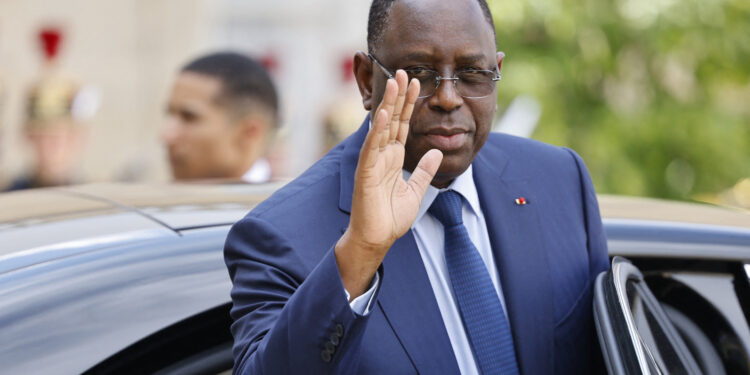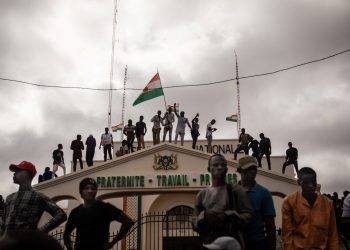Brussels – The beginning of “a period of uncertainty” in Senegal: President Macky Sall’s decision to delay indefinitely the elections scheduled for next February 25 opens a dangerous scenario in a country with a long tradition of stability and democracy. And the EU, which due to a succession of military coups over the past two years has already cut ties with Mali, Guinea, Burkina Faso, and Niger, is anxiously watching developments in one of the few remaining partner countries in the Sahel region.
From Brussels, the call “on all parties involved to work, in an atmosphere of calm, for the holding of transparent, inclusive, and credible elections as soon as possible and with respect for the rule of law,” reads a note released by the European External Action Service (EEAS). The EEU shares the concerns of Ecowas, the Economic Community of West African States, over the “circumstances that led to the postponement of the elections” and urges Dakar to “accelerate the various processes to set a new date for the elections.”
Macky Sall, who has held office since 2012 and was re-elected president of Senegal in 2019, announced the postponement of the election on Saturday, Feb. 3, in a televised address to the nation, attributing the decision to a dispute over the lists of candidates eligible for election. Sall, who also served as leader of the African Union between 2022 and 2023, reiterated in the speech his choice not to run again for a third term but gave no indication of a date for new elections. “I will initiate an open dialogue to achieve the conditions for free, transparent, and inclusive elections in a peaceful and reconciled Senegal,” he said.

Ecowas “congratulated President Macky Sall for keeping his commitment not to run for another term.” But the leader of the centrist Alliance for the Republic party is accused at home of governing in an increasingly authoritarian manner: first the arrest and two-year prison sentence of Ousmane Sonko, leader of the main opposition party (Pastef), then—just a month ago—the Constitutional Council’s exclusion of several prominent opposition members from the electoral rolls.
English version by the Translation Service of Withub




![La vicepresidente della Bei, Gelsomina Vigliotti. L'organismo vuole diventare la banca per il clima dell'Ue, dice a HGE9 [Roma, 30 novembre 2022]](https://www.eunews.it/wp-content/uploads/2022/11/vigliotti.png)
